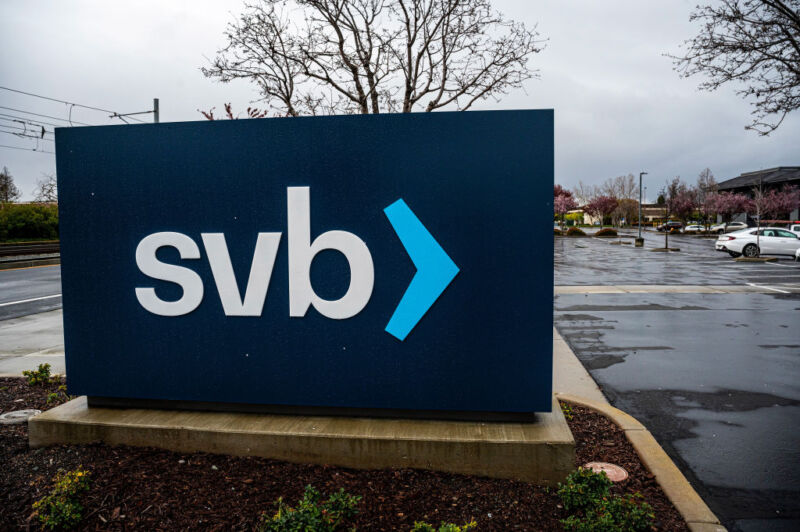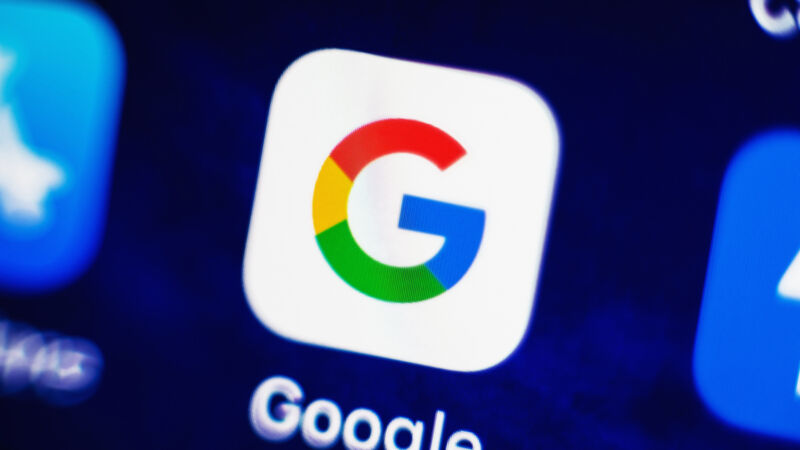-
 chevron_right
chevron_right
“We’re not ‘gatekeepers,’” Apple and Microsoft tell European Union
news.movim.eu / ArsTechnica · Tuesday, 5 September, 2023 - 13:47
Apple and Microsoft have argued with Brussels that some of their services are insufficiently popular to be designated as “gatekeepers” under new landmark EU legislation designed to curb the power of Big Tech.
Brussels’ battle with the two US companies over Apple’s iMessage chat app and Microsoft’s Bing search engine comes ahead of Wednesday’s publication of the first list of services to be regulated by the Digital Markets Act.
The legislation imposes new responsibilities on tech companies, including sharing data, linking to competitors, and making their services interoperable with rival apps.


